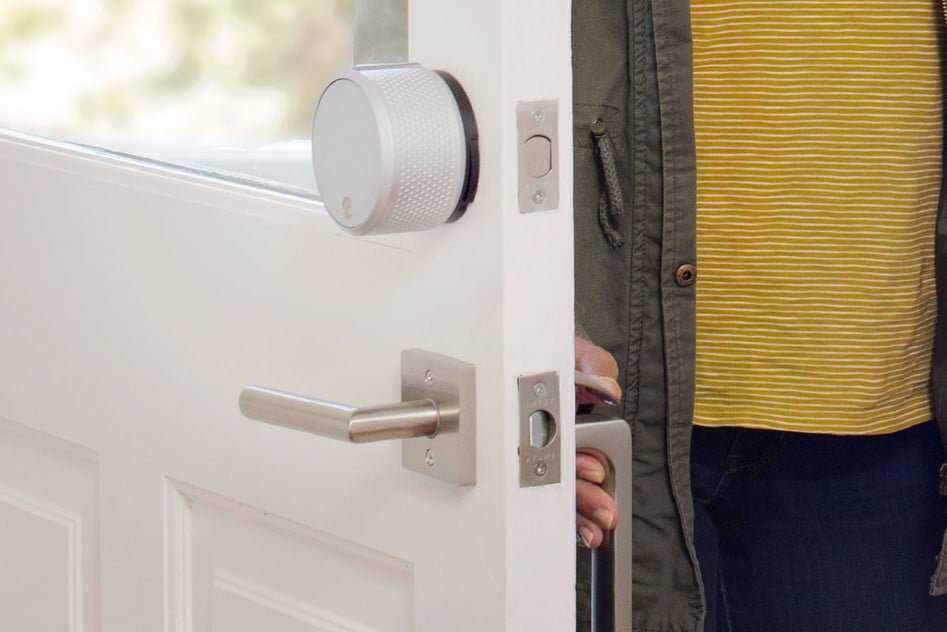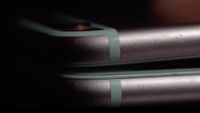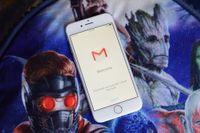Apple's CarKey might also work on your house


Source: iMore
What you need to know
- Apple's CarKey feature might also work on your house.
- That's according to a patent that shows the technology could work on any access-oriented system, not just a car.
- The system can also be used to generate access keys for other users, such as visiting friends and family.
An Apple patent published today has revealed that Apple's rumored CarKey function may just be the tip of the iceberg when it comes to secure access and unlocking.
A patent published Thursday shows that it could also extend to payments, unlocking doors and more.
The abstract states:
Techniques are disclosed relating to electronic security, e.g., for authenticating a mobile electronic device to allow access to system functionality (e.g., physical access to the system, starting an engine/motor, etc.). In some embodiments, a system and mobile device exchange public keys of public key pairs during a pairing process. In some embodiments, an asymmetric transaction process includes generating a shared secret using a key derivation function over a key established using a secure key exchange (e.g., elliptic curve Diffie-Hellman), and verifying a signature of the system before transmitting any information identifying the mobile device. In various embodiments, disclosed techniques may increase transaction security and privacy of identifying information.
In the most recent iOS 13.4 beta, a 'CarKey' API was spotted, a feature that would allow users to lock, unlock and even start their vehicle using their Apple Watch or iPhone. This patent is very similar to that technology, however, it also has several applications beyond access to your car. The description states:
In some embodiments, the secure element is also used for other types of transactions such as payment transactions, for example. For payment transactions, the secure element may cryptographically store data for payment instruments (e.g., credit cards) and owners (e.g., cardholders), entry to physical locations or buildings, transmit access, etc. ... Examples of systems that may not be vehicles further include physical locations such as buildings, transit access control, and internet of things or home automation devices or controllers.
In principle, the system looks quite similar to Apple Pay, however obviously has many more uses and some aspects of the technology is cloud-based (Apple Pay info is held exclusively on your device.) This patent also has provisions for the sharing of access with other users.
The patent could show that one day, we may be able to use our iPhones to access not just our cars, but also buildings and our homes.







